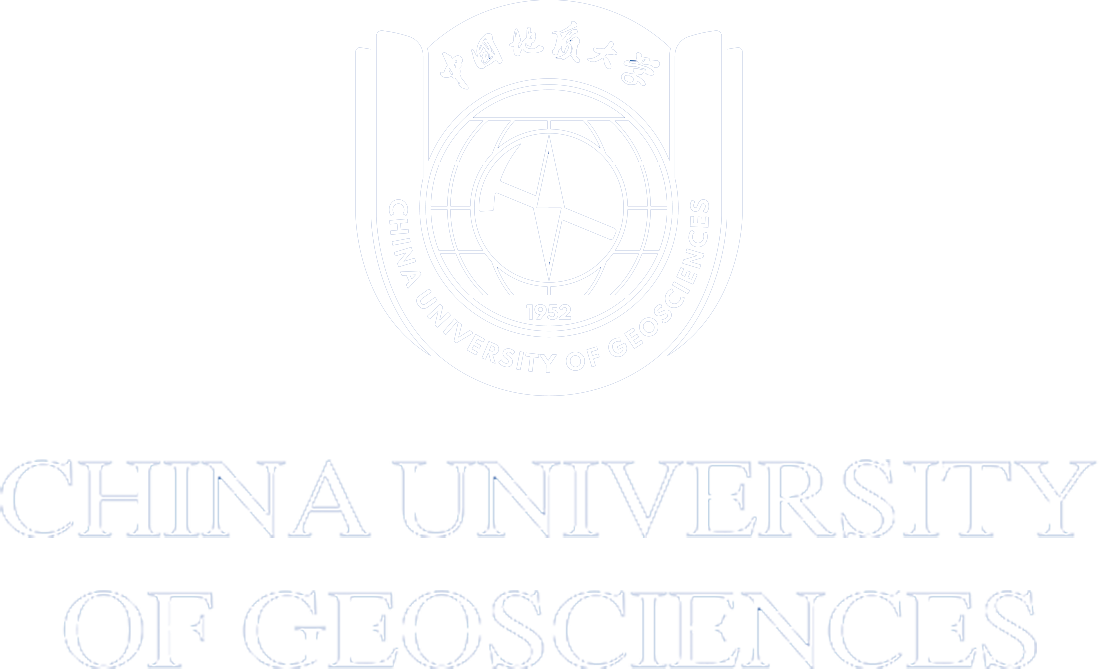1. Major Introduction
Hydrology and Water Resources Engineering focuses on the study of water resources based on the fundamental theories of geosciences. Undergraduates are required to make a systematic study of the formation, distribution, movement and change of water resources, as well as geological hazards and the interactions between the geological environment and water. Graduates should be capable of applying their knowledge in the surveying, assessment, development and management of water resources; the surveying, designing and construction of hydraulic projects; and the investigation, assessment, monitoring, forecasting and controlling of geological hazards and their geological environment. With solid theoretical knowledge and comprehensive skills, graduates are competent for a wide range of positions, including research, teaching, designing, manufacturing and management in fields related to land resources, water conservancy, agriculture, forestry, urban construction, transportation, railways and environmental protection.
2. Academic Objectives
Students should love our country, support the leadership of the Communist Party of China, love work and labor, obey the law, and have good moral, and social morality and professional ethics. Students should be both physically and mentally healthy, have the necessary military training, and meet the requirements of the national college sports and military training standards.
On completing their 4-year study, students should acquire solid knowledge of natural sciences (especially in hydrology and water resources, geotechnical engineering and geological environment), and skills in management, computer science and a foreign language. They will be qualified for working in the fields of hydrology, water resources, geological hazards and the development and protection of geological environments, as well as in government departments, academic institutes or industries. They will be qualified engineers and will have the corresponding titles in five years after graduation. They will become senior specialists in hydrogeology, environmental geology, hydrology and relevant fields.
3. Academic Requirements
Students mainly study the formation, distribution, movement and changes of water resources for reasonable development, utilization and protection of water resources. They also have to possess basic knowledge of water-related geological hazards and the investigation, evaluation, monitoring, forecasting and control of their geological environments, and practice calculation, experimentation, testing and mapping. They learn to do research and solve practical problems independently.
After the four-year courses, the students should acquire the following knowledge and abilities:
(1)Engineering knowledge: Master the basic knowledge and basic principles in mathematics, physics, chemistry, computer, geoscience and other subjects. Master the basic field work method. Possess the knowledge reserve for resolving the complex engineering problems. Use Mathematics, Natural Science, Engineering Fundamental and expertise to address complex hydrology and water resources and related engineering problems.
(2)Problem analysis: Be able to identify and describe complex issues in hydrology and water resources and related fields by applying the basic principles of Mathematics, Natural Science, Geoscience and Engineering Science. Be able to analyze the complex engineering problems and obtain the effective conclusions from numerous literatures.
(3)Design and develop solutions: Design and develop solutions to meet specific needs for the complex problems in hydrology and water resources and related fields with the sense of innovation and considering the factors of society, health, safety, law, culture and environment.
(4)Research: Carry on the research to the complex engineering problems based on the scientific principle by using the scientific methods, including designing the experiment, analyzing and interpreting the data, and drawing the reasonable and effective conclusions through information integration.
(5)Using modern tools: Be able to develop, select and use appropriate technology, resources, modern engineering tools, information technology tools and professional software for complex hydrology and water resources and related fields problems, including the prediction and simulation of complex engineering problems. Be able to understand their limitations.
(6)Engineering and society: Make reasonable analysis based on engineering related background knowledge for resolving the concrete hydrology and water resources and related fields issues, evaluate the effects of engineering practice and complex engineering problems to the society, health, safety, law, and culture, and understand the responsibility.
(7)Environment and sustainable development: Be able to understand and evaluate the effects of engineering practice for complex engineering problems to the environment and social sustainable development.
(8)Occupational norms: Have humanistic and social science literacy and sense of social responsibility. Grasp some laws, regulations, national and industry standards relating to hydrology and water resources and related industries and occupations. Comply with the engineering ethics and norms and fulfill the responsibility in the engineering practice.
(9)Individuals and teams: Come to understand the importance of a team. Understand the responsibility and obligation of various roles. Train students' team cooperation and coordination consciousness, and be able to take on the roles of individual, team member, and director in a team with multi subject backgrounds.
(10)Communication: Be able to communicate effectively with colleagues and the public on complex engineering problems, including writing report, designing draft, statement, clear expression and response. Master a foreign language familiarly. Have a certain international perspective, and be able to communicate under the cross-cultural background.
(11)Project management: Understand and master the principle of Engineering Management and the economic decision-making methods and be able to apply in multi subjects.
(12)Lifelong learning: Have the awareness of autonomous learning and lifelong learning and have the ability to learn continuously and adapt to the development.
4. Length of Schooling and Degree
The length of schooling is four years of full-time study. Students will be awarded the Bachelor Degree of Engineering when they have completed the required minimum credits and have met all other requirements.
5. Core Course
Specialized Core Courses : Specialty English for Hydrology and Water Resources Engineering, Engineering Petrology, Soil Mechanics, Mechanics of Engineering Rock Mass, Ground and Foundation, Hydrologic and Water Conservancy Calculation, Water Resources Development and Conservation, Geological Hazard and Control, Professional Engineering Geology, Introduction to Hydrogeochemistry, Groundwater Hydraulics, Meteorology and Climatology.
Practice Courses: Geological Survey Field Trip in Beidaihe, Geological Survey Field Trip in Zhoukoudian, Surveying Practice, Professional Practice, AutoCAD and Mapping for Hydrogeology, Application of GIS to Hydrology, Integrated Course Design, Soil Test, Graduation Design (Thesis).




 Address
Address
 E-Mail
E-Mail
 Telephone
Telephone